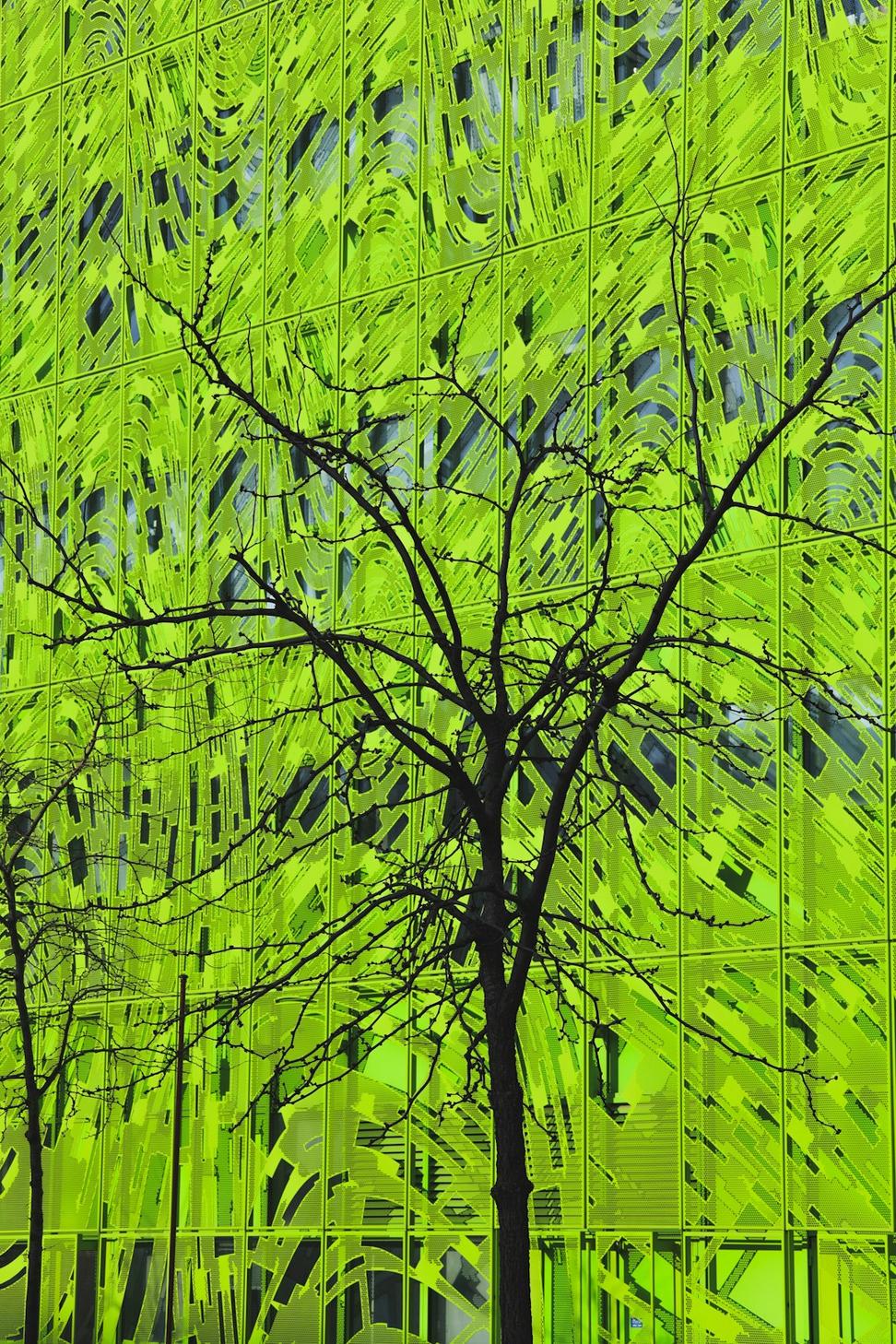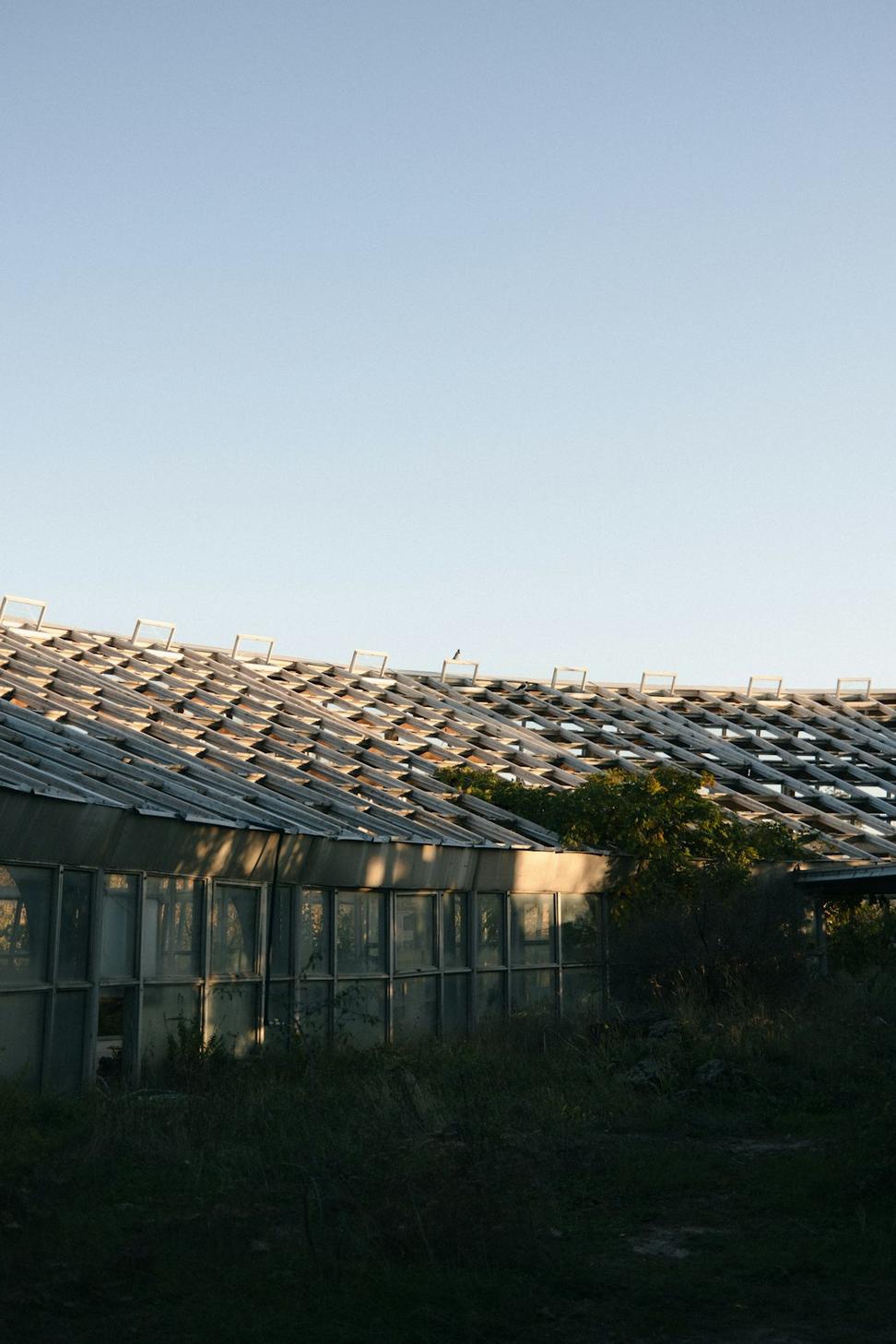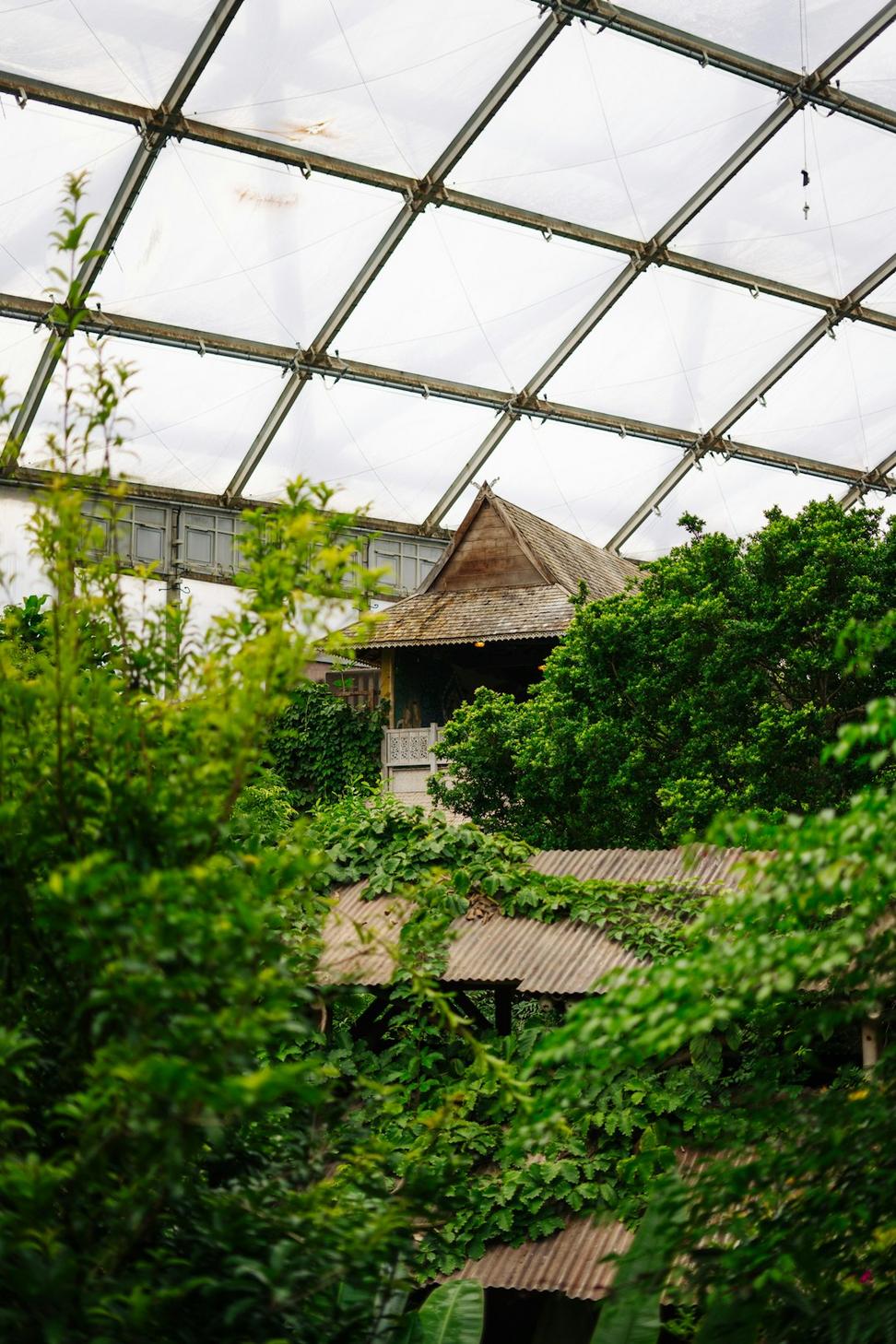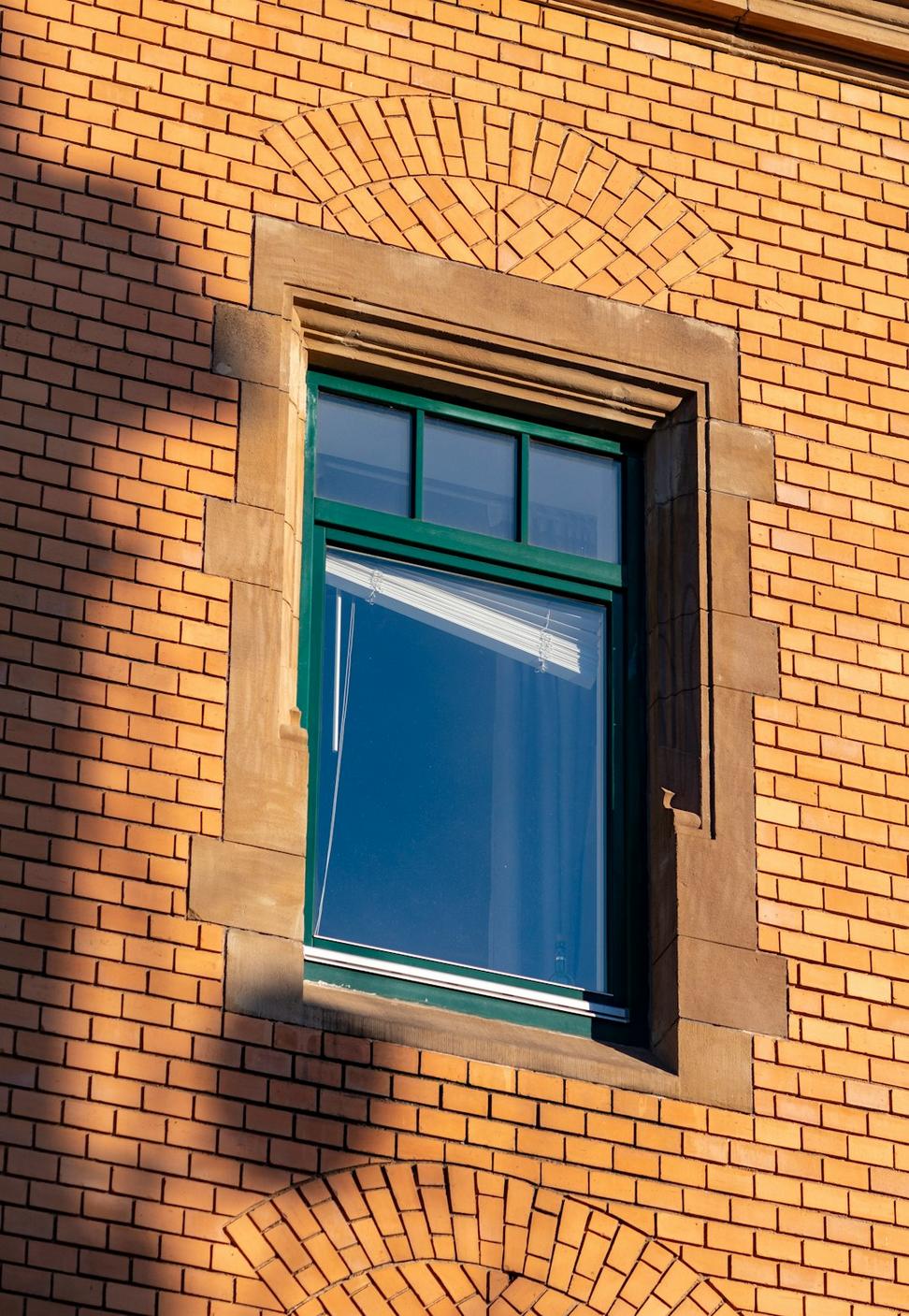
Building Green Isn't Optional Anymore
It's just how we do things around here. Every project, every decision, every material choice - it all matters.

Look, I'll be honest - about ten years ago, we weren't exactly green building champions. But after seeing how much energy our buildings were consuming and the real impact that had, something clicked. Now? We can't design any other way.
Every building we put up is gonna be standing there for decades, maybe a century. That's a long time to be sucking up resources or pumping out emissions. We figured we should probably get that right from the start.
It's not just about slapping solar panels on a roof and calling it green. It's about thinking through the whole lifecycle - from where materials come from, to how the building breathes, to what happens when it eventually needs renovating.
Yeah, we've got the certifications. But more importantly, we know how to use 'em.
Three of our team members hold LEED AP credentials. We've shepherded 12 projects through LEED certification, from Silver to Platinum.
Active members of the Canada Green Building Council since 2016. We stay plugged into what's happening in sustainable design across the country.
Certified Passive House designers. If you want a building that barely needs heating or cooling, we know how to make that happen.
Trained in net-zero energy design principles. Several of our recent projects are designed to hit net-zero with renewable energy integration.
We design buildings that use way less energy than code minimum. High-performance envelopes, smart HVAC systems, LED everything. Then we add renewables where they make sense.
Local when possible, recycled content when available, low-VOC always. We track embodied carbon and actually care where stuff comes from.
Low-flow fixtures are just the start. Rainwater harvesting, greywater systems, native landscaping that doesn't need irrigation - we think about water holistically.
Proper ventilation, materials that don't off-gas nasty stuff, natural light everywhere we can get it. Your building shouldn't make you sick.

Green roofs aren't just pretty - they insulate, manage stormwater, and extend roof life by decades.
We've done 12 LEED-certified projects so far, and honestly, each one taught us something new. The certification process can be a bit of a paperwork marathon, but it keeps us honest and pushes us to hit measurable targets.
Three more projects are currently going through certification. We're aiming for Gold on all of them, but you never know until the final review comes back.
Average energy reduction vs. baseline code requirements across our last 8 projects
Construction waste diverted from landfills on our most recent commercial project
Water use reduction through smart fixtures and rainwater harvesting systems
Of our projects since 2020 include renewable energy integration
Sustainable design keeps evolving, and we're constantly testing new approaches on our projects.
We've just finished our first cross-laminated timber project and honestly, we're hooked. Lower embodied carbon than concrete, faster construction, and it looks amazing. Ontario's building codes are catching up, which opens up more possibilities.
Ground-source heat pumps are getting cheaper and way more efficient. We're spec'ing them on almost every project now. Yeah, there's upfront cost, but the payback period keeps getting shorter.
Solar panels that ARE the building envelope? Sign us up. BIPV tech is finally getting practical and affordable. We've got two projects in design right now using solar shingles and facade panels.
We're now running full lifecycle carbon assessments on every project. The software's gotten good enough that it's actually useful. Helps us make smarter material choices from day one.

Let's be real - sometimes yes, sometimes no. High-performance windows cost more than builder-grade ones. That geothermal system isn't cheap to install. But here's the thing...
We usually find that smart design costs less than fancy gadgets. Proper orientation, good insulation, effective shading - that stuff doesn't necessarily blow the budget. And when you factor in 20 years of energy bills? The math usually works out.
We've also gotten pretty good at finding grants and incentives. There's money out there for green building - federal programs, provincial rebates, utility company incentives. We help clients navigate all that.
Most of our clients find that a 5-10% upfront premium pays for itself within 7-10 years. After that, it's just gravy.
Our process for getting to green without making everyone crazy
First meeting, we talk about what level of sustainability makes sense. LEED? Passive House? Net-zero? Or just "way better than code"? Gotta align expectations and budget from the start.
We run energy models, daylighting simulations, thermal comfort analysis - all that nerdy stuff. Can't improve what you don't measure. This helps us optimize before anything gets built.
Sustainability isn't an add-on at the end. We bring engineers, contractors, and specialists into design early. Integrated design charrettes actually work when you do them right.
Our specs are detailed because we've learned that "green" means different things to different people. We call out exactly what we want - certifications, performance criteria, the works.
Green buildings can get un-green real fast if construction doesn't go right. We're on site regularly making sure what we designed actually gets built properly.
After construction, we commission all the systems to make sure they're actually performing. Then we check back after a year to see if the energy use matches our models.
Every project teaches us something we didn't know before. We've made mistakes, missed targets, and learned the hard way that some "green" products don't actually work as advertised.
But that's kind of the point - sustainable design is a moving target. Building codes change, technology improves, climate data gets updated. We're committed to staying on top of it all and getting better with every project.
If you're thinking about building green - whether it's a house or a whole office complex - we'd love to talk about what's actually possible vs. what's just marketing hype.
Let's Talk About Your ProjectTotally valid question. You can absolutely build to LEED standards without getting certified - saves you the certification fees